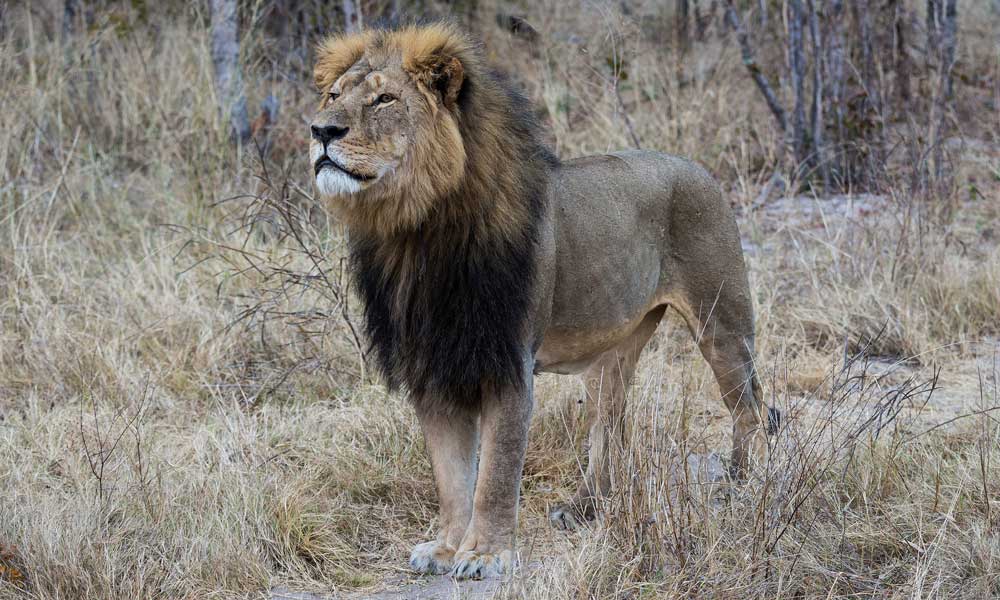
South African Hunters Reconsider Stance on Lions After Cecil Shooting
Will the death of Cecil the lion change big-game hunting in Africa? The president of the Professional Hunters' Association of South Africa says it should, publicly suggesting that his group reconsider its stance on lion-hunting. But hunters' groups emphasize that regulated hunting still has its place as a conservation tool.
The recent shooting of Cecil the lion may have happened in Zimbabwe, but it’s raising some big questions for a group in nearby South Africa.
Since Cecil’s death at the hands of an American dentist drew worldwide attention last week—and a second lion shooting drew similar notice this week—the Professional Hunters’ Association of South Africa has received a good chunk of that attention.
Some of the earlier notice was due to inaccurate reports that tied PHASA members to Cecil’s shooting. And now PHASA President Hermann Meyeridricks is urging his group to reconsider its position on so-called canned or captive-bred lion-hunting, citing concerns from within the hunting community and outside of it.
“From my dealings with the media and the community, it has become clear to me that those against the hunting of lions bred in captivity are no longer just a small if vociferous group of animal-rights activists,” Meyeridricks said in a letter to members that PHASA made public last week. “Broader society is no longer neutral on this question, and the tide of public opinion is turning strongly against this form of hunting, however it is termed. Even within our own ranks, as well as in the hunting fraternity as a whole, respected voices are speaking out publicly against it.”
PHASA’s current position is that it “recognises the legality of and demand for captive-bred lion hunting, and is working with the predator breeders and government to improve its standards and conditions to a generally acceptable level,” he wrote. But “we have made little demonstrable progress on this front.”
Conservation BENEfits
PHASA and other hunters’ organizations maintain that hunting has benefits for conservation—a stance famously shared by former President Teddy Roosevelt, himself a big-game enthusiast.
“Animal lovers tend to forget the benefit that can be derived by properly managing a resource,” Emmanuel Fundira, president of the Safari Operators Association of Zimbabwe, said in comments to the news agency AFP. “They can’t see it because their focus is on the sentimental value of trying to protect the animal. It’s a different ball game altogether in Africa because the social benefits from hunting are huge.”
“The idea is that hunting positively aids conservation by providing a reason to keep a healthy number of lions … alive,” Meyeridricks told AFP.
PHASA says it works to weed out bad actors such as those who killed Cecil, who reflect badly on professional hunting in general and particularly on hunters who follow the rules.
“Any illegal incident, as is alleged in this case, obviously tarnishes the image of trophy hunting,” PHASA CEO Adri Kitshoff said in comments to Bloomberg. “That doesn’t change the value of legal, regulated trophy hunting.”
(Vince O'Sullivan/Flickr)






Comments